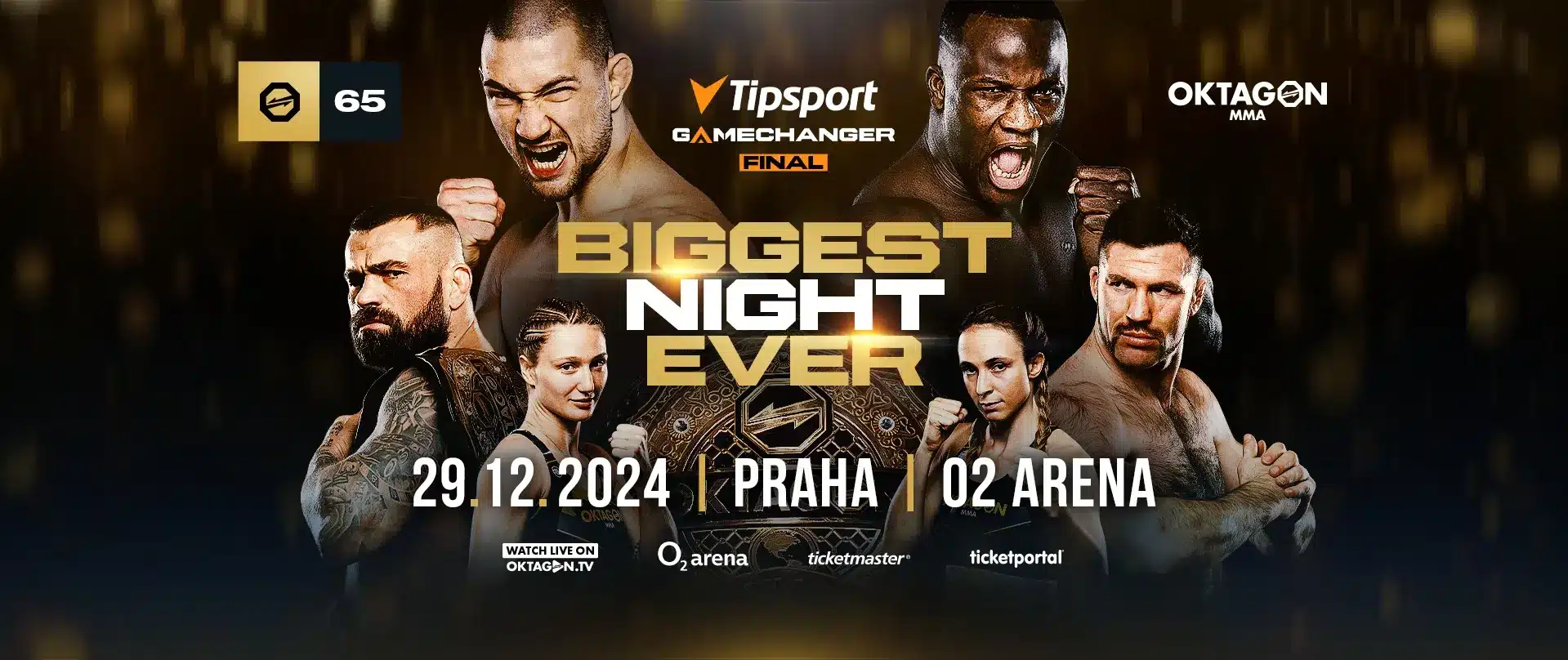World
Now is the time to unplug and reset. Next year we enter a more dangerous world – but for now I need the silence of nature | Paul Daley

A long walk in the mountains last weekend brought sudden perspective to just how heavily the shoutiness and anger was weighing.
Suddenly there was only birdsong, the rustling tree canopies, the gentle burbling of the Snowy River and the wind whispering through the trunks of ancient ghost gums. This was anything but a quiet quietness. But it was the sound of a serenity that only nature can gift – a noise of extreme unplugged-ness if you like.
In recent years, probably since the pandemic lockdowns, I’ve been a big advocate of walking with my own silence. That is, while being unconnected to the cybersphere. So, no news or music or even audiobooks or phone calls. My rhythmic breath and the dogs’ panting a beat along with their padding paws beside me, the cawing gulls and, of course, the sounds of my environment – aircraft, ferry horns, traffic, people talking.
It is an urban soundtrack of never pristine silence. But in it I could always salvage catharsis, an elusive calm, a restorative balm for an occasionally anxious mind that is easily drawn to the pain of others of which, distressingly, there’s no global shortfall.
This was intensive thinking time. Sometimes it was even non-thinking time. I often found I could walk for an hour-and-a-half in a state of tuned-out meditative stasis, reaching home with a sense of emotional and creative renewal after which I’d sometimes have to remind myself of the route taken.
This was a good thing.
And, so, I’d stuck to this pattern of walking offline for a few years. But something changed in late June. It was in a hotel room while on holiday in Arizona that we watched the first presidential election debate. Until then, I’d not been following United States presidential politics too closely despite the magnitude of its implications. But watching the calamitous performance of the incumbent, it was as if I was immediately rewired into a state of cyber-hypervigilance (this, I know, happened to many others too).
There were never enough podcasts or polls or hot takes or newsbreaks or predictions. My concentration for anything else was all but shredded. I found myself reading foreign news sites at 3am, sieving through the murk of punditry for shards of hope America would not teeter into a fascism, vengeance and chaos embodied by the 45th and now soon-to-be-sworn in 47th president, and foreshadowed no more presciently than on 6 January 2021.
The recent 5 November presidential election and its aftermath still seems like the most consequential in recent global history, and certainly of my life – and that of my children and grandchildren.
Across the world the political and social right (including in Australia) is high-fiving, of course, emboldened by the domestic possibilities of drawing from and transplanting elements of the politics of hate and derision.
Meanwhile, longstanding authoritarian fascists (none more so than in Russia, whose dictator must delight in watching the next US presidency do the Kremlin’s work for it by voraciously eating its country’s once-revered democratic institutions from the inside while nurturing oligarchy, public-private conflicts and potential kleptocracy) must smirk with the irony of it all.
The election has been done and dusted for a few weeks. But up until last weekend I was still bingeing on pods, tuning into the Democratic party recriminations, and not least trying to reconcile Kamala’s assurance that it’s “going to be OK’’ with her wholly credible campaign message the would-be 47th president was a madman/existential threat to democracy.
And then, last Saturday, I disconnected in the mountains. A few hours without the shoutiness and the anger and the triumphalism. This was the reset I needed.
Autocracy and its twin of subverted democracy blossom amid silence and exhausted, depleted opposition. So I’m not, by any means, proposing a permanent zone-out or to turn my back on informed knowledge about how it might impact globally and domestically. What has just happened in the US will have profound implications for Australia in a forthcoming election year on everything from the tone of political discourse to foreign affairs and defence, climate change, emissions targets, renewable energy, fossil fuels and immigration – and the rights of minorities.
The cultural/political trolling embodied by the very foreshadowed appointment of the next US cabinet and the symbolism of reactionary, spiteful initiatives already vowed against the marginalised, and how they might enable would-be replicants elsewhere, demand extreme watchfulness.
But effective vigilance also requires energy and strength, mental and emotional recharge and balance.
Now – in the interregnum before January’s inauguration – is the time to reset. To re-embrace the peace and quiet to be found in unpluggedness, so that the aural wonders of life and nature might give strength against the bellicosity and anger of a vastly changed, ever more dangerous world.







